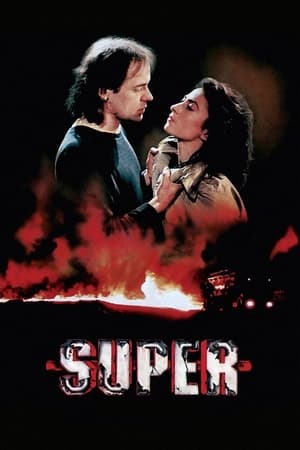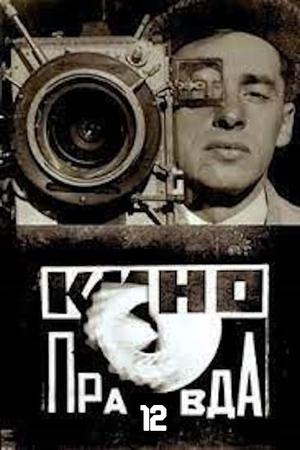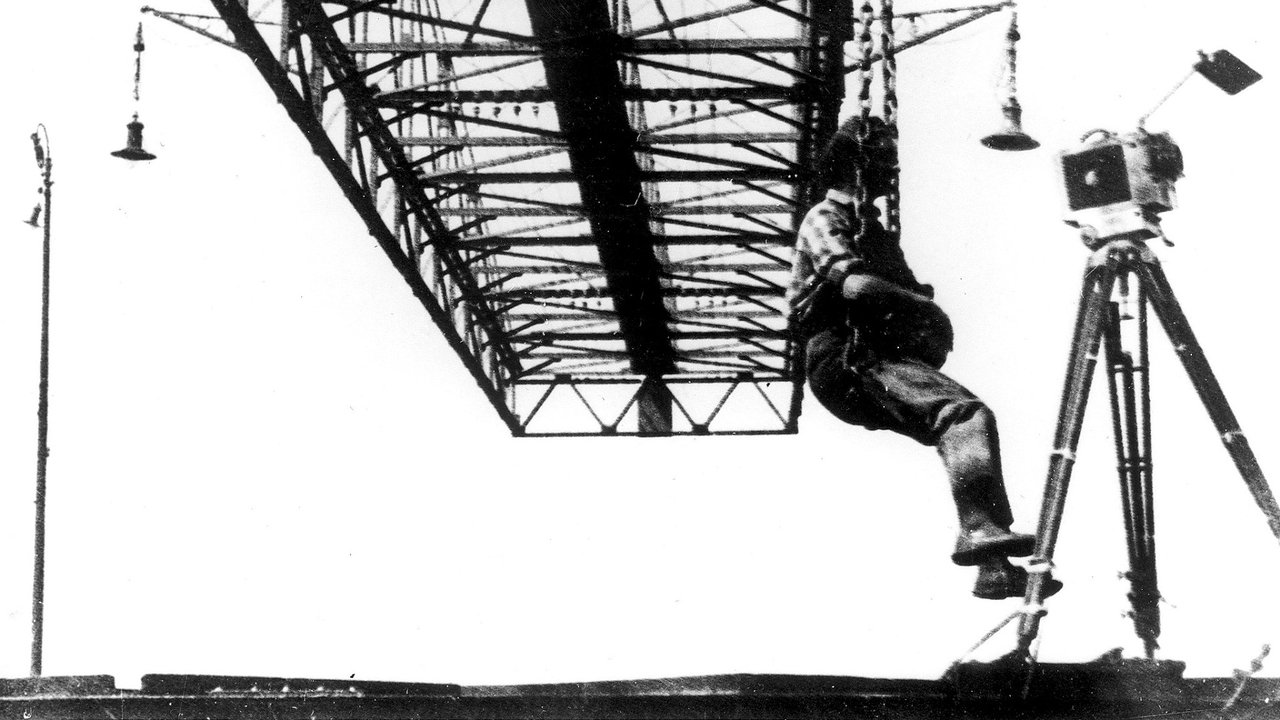
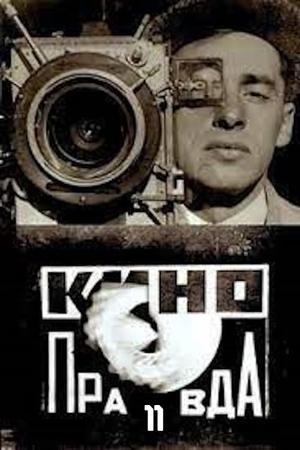
Kino-Pravda No. 11(1922)
Dziga Vertov-directed Soviet newsreel covering: All-Russian Congress of Trade Unions / Delegations and diplomats / Renaming of a confectionery factory / Unloading supplies / Komsomol Day / Red Army maneuvers.
Movie: Kino-Pravda No. 11

Кино-Правда № 11
HomePage
Overview
Dziga Vertov-directed Soviet newsreel covering: All-Russian Congress of Trade Unions / Delegations and diplomats / Renaming of a confectionery factory / Unloading supplies / Komsomol Day / Red Army maneuvers.
Release Date
1922-10-05
Average
4.5
Rating:
2.3 startsTagline
Genres
Languages:
PусскийKeywords
Recommendations Movies
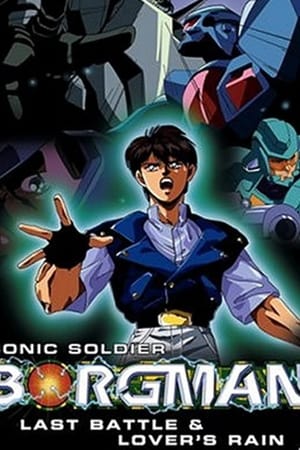 6.6
6.6Sonic Soldier Borgman: Lover's Rain(ja)
Picking up several years after the dissolution of the original Borgman team, this volume reunites the three remaining members--rocket scientist Ryo, his girlfriend Anise, and police officer Chuck Sweager--for the emotionally-driven episode "Lover`s Rain," which finds the trio facing an army of the undead bent on a rampage of murder and destruction.
 5.7
5.7way(en)
San Francisco filmmaker Konrad Steiner took 12 years to complete a montage cycle set to the late Leslie Scalapino’s most celebrated poem, way—a sprawling book-length odyssey of shardlike urban impressions, fraught with obliquely felt social and sexual tensions. Six stylistically distinctive films for each section of way, using sources ranging from Kodachrome footage of sun-kissed S.F. street scenes to internet clips of the Iraq war to a fragmented Fred Astaire dance number.
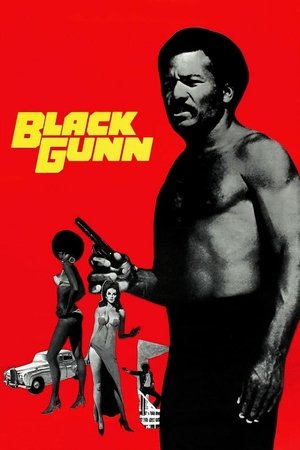 5.8
5.8Black Gunn(en)
A successful and popular nightclub owner who believes financial independence is the path to equality and success, must act as a go-between for militant-minded brother and the white gang syndicate his brother has attacked and robbed. Their involvements lead to a breathless race course chase, the destruction of a dopepusher and a violent waterfront climax.
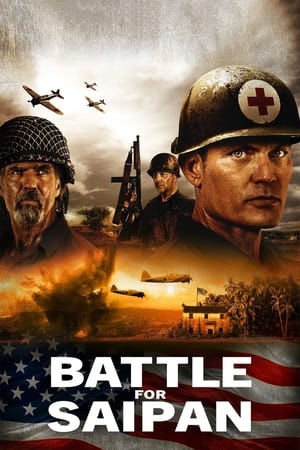 5.7
5.7Battle for Saipan(en)
On July 7, 1944, a U.S. Army hospital on the remote island of Saipan is overrun by Japanese forces during a relentless attack. Outgunned and surrounded by the enemy, a lone medic puts it all on the line to lead a band of wounded soldiers to safety.
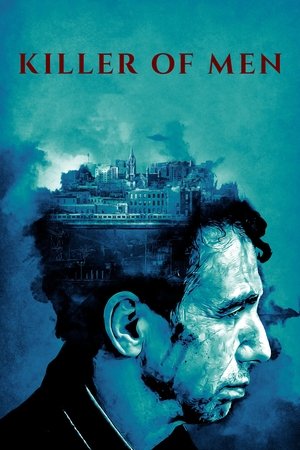 7.3
7.3Killer of Men(en)
A man lurks the night alleys, killing people at random, he feels nothing, no emotion, and no pain; when he meets a graceful widow he must confront what it means to be human.
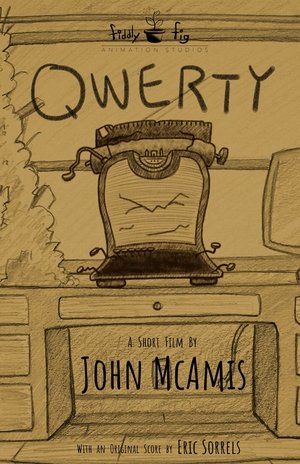 5.9
5.9Qwerty(en)
A grieving young inventor finds solace in repairing an antique typewriter.
 5.5
5.5Shamshera(hi)
Set in the 1800s, the film is about a "dacoit" tribe who take charge in fight for their rights and independence against the British.
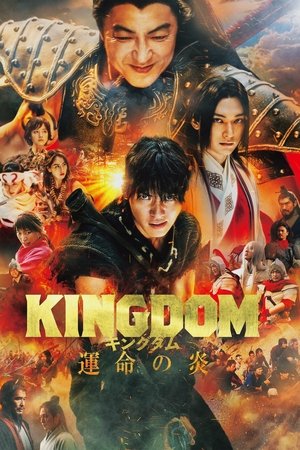 7.5
7.5Kingdom III: The Flame of Destiny(ja)
To defend their kingdom against a sudden invasion, a mighty general returns to the battlefield alongside a war orphan, now grown up, who dreams of glory.
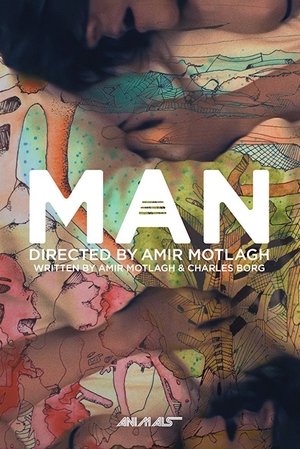 7.3
7.3Man(en)
Exploring the relationship between man and technology, this day-in-the-life story concentrates on a computer programmer, inundated by technology, living a secluded lifestyle in Laurel Canyon with his two dogs. He struggles to maintain any real connection with friends, colleague or family, outside of communicating with them over the phone or computer.
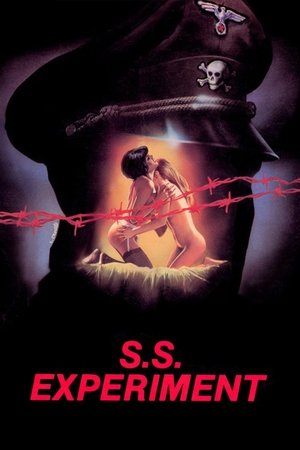 5.5
5.5SS Experiment Love Camp(it)
Near the end of WW2, prisoners of war are used in experiments to perfect the Arian race.
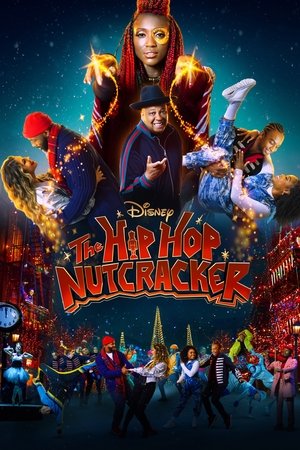 5.3
5.3The Hip Hop Nutcracker(en)
Features Rev Run as he brings audiences on a hip-hop reimagining of The Nutcracker ballet set in NYC.
 5.9
5.9Sonic Birth(fr)
Further to an accident, Serge falls into a coma. A research team is going to try to stimulate his memory to return him to consciousness.
 4.9
4.9It's a Wonderful Binge(en)
Like the original film, the sequel is set in a near future where all drinking and drugs are banned except for on one glorious day known as The Binge. This year, that day happens to miraculously land on Christmas.
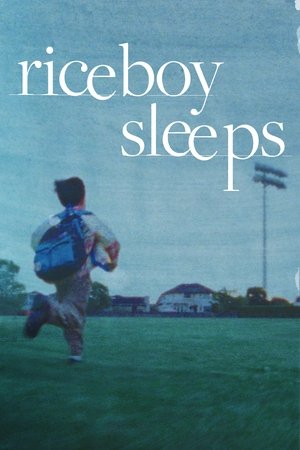 7.2
7.2Riceboy Sleeps(en)
In the 1990s, an immigrant single mother raises her teenage son in the Canadian suburbs, determined to provide a better life for him than the one she left behind in South Korea.
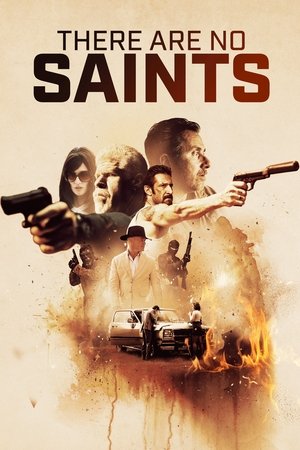 5.2
5.2There Are No Saints(en)
A man is imprisoned for a crime he didn't commit. When his wife is murdered and his son kidnapped and taken to Mexico, he devises an elaborate and dangerous plan to rescue his son and avenge the murder.
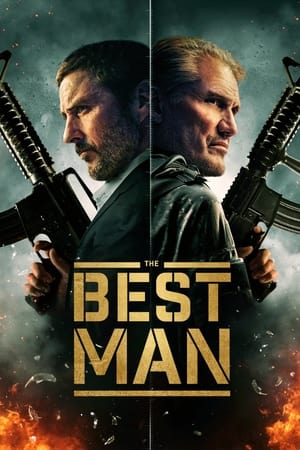 5.9
5.9The Best Man(en)
Mercenaries seize control of a remote resort hotel during a wedding and it's up to the best man, the groom and their drunken best friend to stop the terrorists and save the hostages.
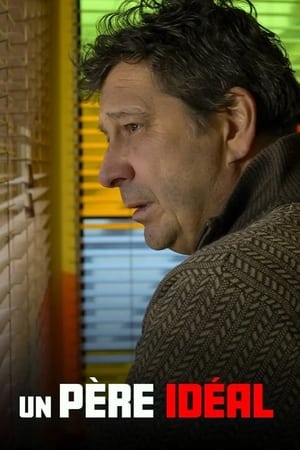 6.3
6.3An Ideal Father(fr)
Michel, the jovial owner of the only café in a small Normandy town, sees his life turned upside down when his teenage daughter is murdered. The community has his back but soon rumor spreads and Michel is singled out. From the ideal father, he becomes the ideal culprit.
Similar Movies
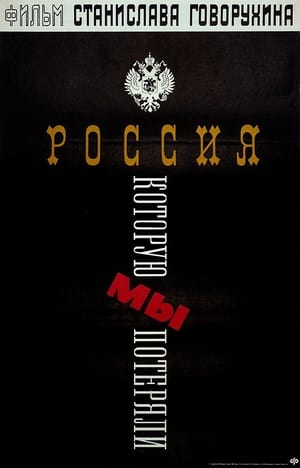 0.0
0.0The Russia We Lost(ru)
The sequel of feature-publicistic film «You Can’t Live Like That». Showing the countrymen charmless and sometimes scaring life picture of once great power with pain and anger, the author tries to uncover the reason of the country’s and nation’s tragedy.
 6.3
6.3The Russian Revolution(en)
Starting in 1881 this film shows the personal battle between Lenin's Ulyanov family and the royal Romanovs that eventually led to the Russian revolution.
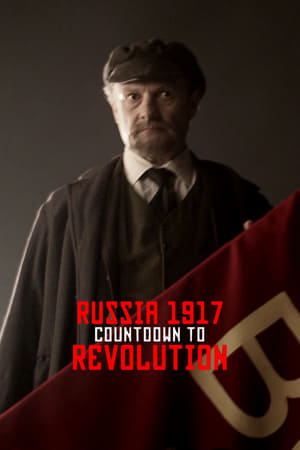 3.0
3.0Russia 1917: Countdown to Revolution(en)
Russia, 1917. After the abdication of Czar Nicholas II Romanov, the struggle for power confronts allies, enemies, factions and ideas; a ruthless battle between democracy and authoritarianism that will end with the takeover of the government by Vladimir Lenin and the Bolsheviks.
 0.0
0.0Stalin: Man of Steel(en)
Emmy Awards nominee for "Outstanding Individual Achievement in a Craft: Research: Multi-faceted portrait of the man who succeeded Lenin as the head of the Soviet Union. With a captivating blend of period documents, newly-released information, newsreel and archival footage and interviews with experts, the program examines his rise to power, deconstructs the cult of personality that helped him maintain an iron grip over his vast empire, and analyzes the policies he introduced, including the deadly expansion of the notorious gulags where he banished so many of his countrymen to certain death.
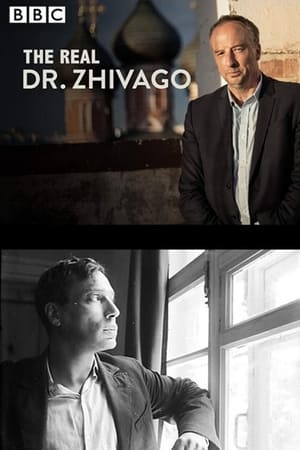 0.0
0.0The Real Doctor Zhivago(en)
Dr. Zhivago is one of the best-known love stories of the 20th century, but the setting of the book also made it famous. It is a tale of passion and fear, set against a backdrop of revolution and violence. The film is what most people remember, but the story of the writing of the book has more twists, intrigue and bravery than many a Hollywood blockbuster. In this documentary, Stephen Smith traces the revolutionary beginnings of this bestseller, to it becoming a pawn of the CIA at the height of the Cold War.
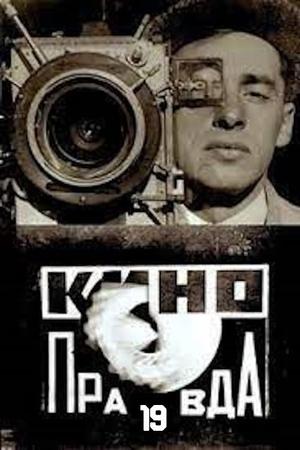 5.3
5.3Kino-Pravda No. 19: A Movie-Camera Race Moscow – Arctic Ocean(ru)
Dziga Vertov-directed Soviet newsreel covering: Connecting city and country, south and north, summer and winter, peasant women and worker women / Emancipation of women in the USSR
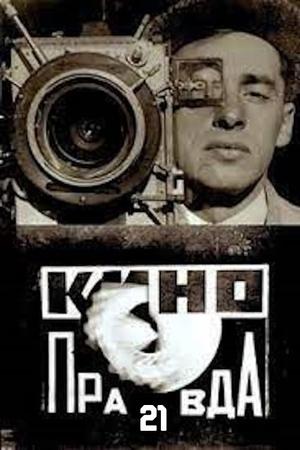 5.2
5.2Kino-Pravda No. 21: Lenin Kino-Pravda. A Film Poem About Lenin(ru)
Dziga Vertov-directed Soviet newsreel made to commemorate the first anniversary of the death of Vladimir Ilich Lenin (21st January 1924 - 1925) drawn from 'The Final Journey', a Pravda feuilleton written on the occasion of Lenin's funeral by the man who had introduced Vertov to cinema, Mikhail Koltsov. Contains: First anniversary of Lenin's death: 1. Assassination attempt on Lenin and Soviet Russia's progress under his leadership / 2. Lenin's illness, death and funeral / 3. The year after Lenin's death
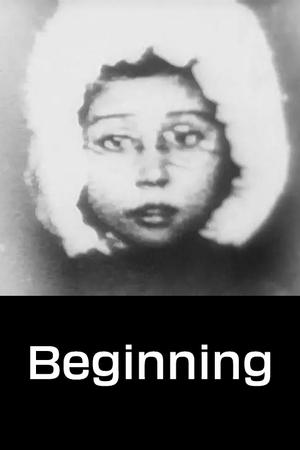 6.0
6.0Beginning(hy)
Philosophical essay about the October Revolution of 1917 in Russia, its influence on the destiny of the world in the 20th century.
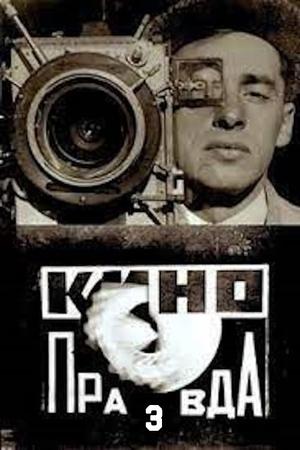 4.8
4.8Kino-Pravda No. 3(ru)
Dziga Vertov-directed Soviet newsreel covering: Trial of the Socialist Revolutionaries / Demonstrators carrying banners.
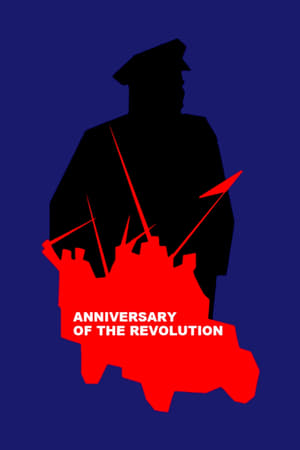 6.7
6.7Anniversary of the Revolution(ru)
A chronicle of the Russian Revolution of 1917, from the bourgeois democratic February Revolution to the great socialist October Revolution and the final triumph.
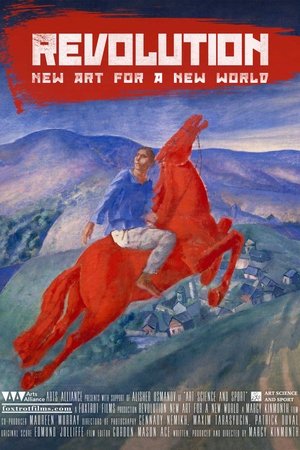 7.5
7.5Revolution: New Art for a New World(en)
Drawing on the collections of major Russian institutions, contributions from contemporary artists, curators and performers and personal testimony from the descendants of those involved, the film brings the artists of the Russian Avant-Garde to life. It tells the stories of artists like Chagall, Kandinsky and Malevich - pioneers who flourished in response to the challenge of building a new art for a new world, only to be broken by implacable authority after 15 short years and silenced by Stalin's Socialist Realism.
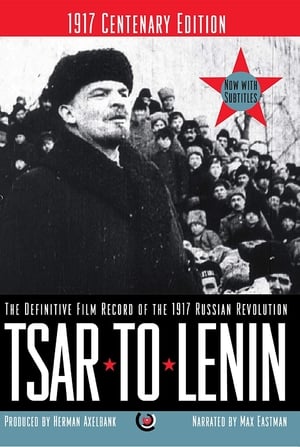 6.5
6.5Tsar to Lenin(en)
A documentary film account of the Russian Revolution, based on archival footage.
 8.0
8.0Lenin and the Other Story of the Russian Revolution(fr)
Vladimir Ilyich Ulyanov, better known as Lenin, is remembered as the instigator of the October Revolution of 1917 and, therefore, as one of the men who changed the shape of the world at that time and forever, but perhaps the actual events happened in a way different from that narrated in the history books…
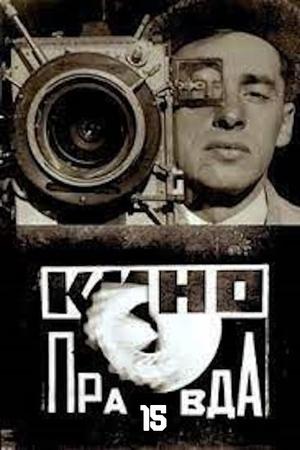 5.0
5.0Kino-Pravda No. 15(ru)
Dziga Vertov-directed Soviet newsreel covering: Against war / Against Gods / Education / Agitation / Sports and gymnastics / Danger of war.
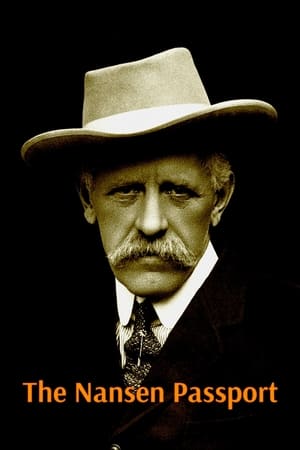 8.0
8.0The Nansen Passport(fr)
On July 5th, 1922, Norwegian explorer, scientist and diplomat Fridtjof Nansen creates a passport with which, between 1922 and 1945, he managed to protect the fundamental human rights as citizens of the world of thousands of people, famous and anonymous, who became stateless due to the tragic events that devastated Europe in the first quarter of the 20th century.
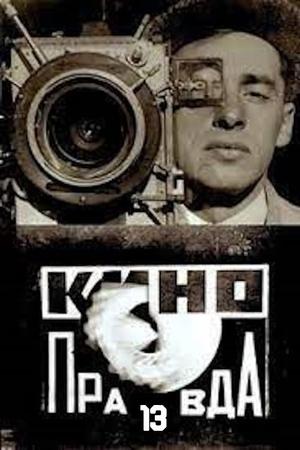 5.3
5.3Kino-Pravda No. 13: Yesterday, Today, Tomorrow. A Film Poem Dedicated to the October Revolution(ru)
Dziga Vertov-directed Soviet newsreel. The first themed issue of Kino-Pravda, devoted to the fifth anniversary of the October Revolution in 1922.
 5.3
5.3Kino-Pravda No. 17(ru)
Dziga Vertov-directed Soviet newsreel covering: Hunger and harvest / Alliance between city and country / Agricultural and home industries exhibition: To the exhibition, construction work and preparations, exhibits, map of the exhibition, visitors
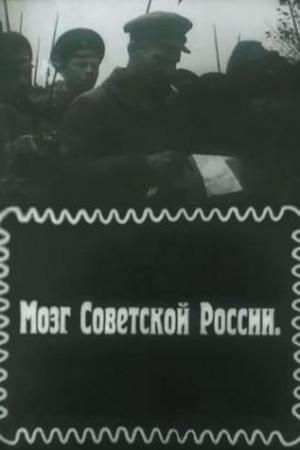 6.1
6.1The Brain of Soviet Russia(ru)
This film shows the leaders of organizations that emerged after the Russian Revolution. It is the fragment of ‘Anniversary of the Revolution’ made by Vertov in 1918.
 5.9
5.9Kino-Pravda No. 18: A Movie-Camera Race over 299 Metres and 14 Minutes and 50 Seconds in the Direction of Soviet Reality(ru)
Dziga Vertov-directed Soviet newsreel covering: Up the Eiffel Tower in Paris / Moscow / Auto race Petrograd – Moscow / Aspects of everyday Soviet life / Peasant from Jaroslavl' visiting Moscow / Ceremonial introduction of a newborn into a workers' collective
